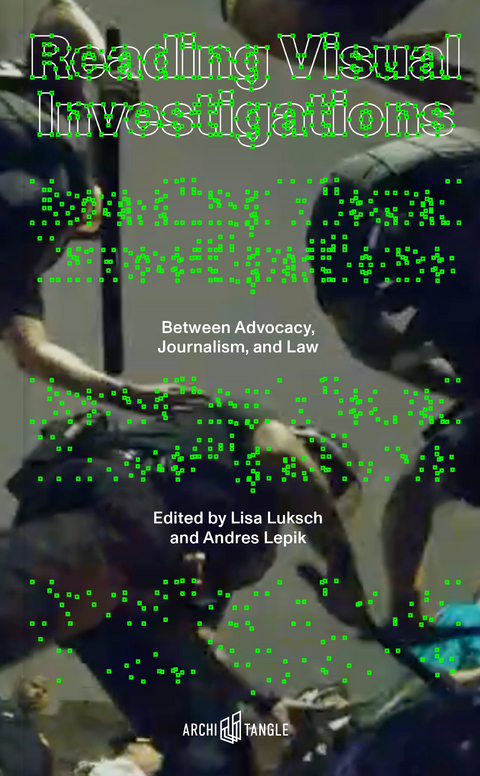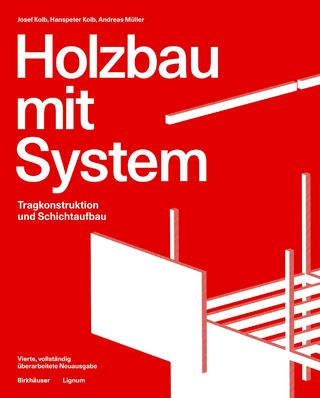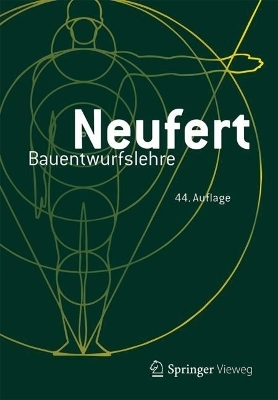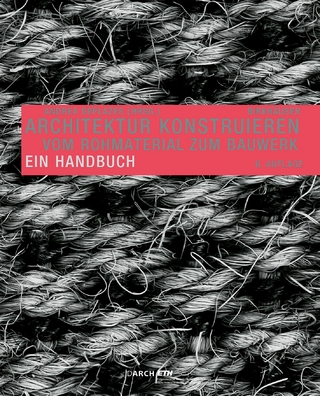Reading Visual Investigations delves into a new discipline-visual investigations-in which architecture intersects with advocacy, journalism, and law in the pursuit of justice and accountability. This publication presents insights into the current discourse within the emergent field, illustrated by intriguing case studies from around the world. It highlights the role of architecture as a key area of expertise that defines this evolving practice.Eight experts from the fields of digital and spatial analysis, human rights, legal studies, investigative journalism, and forensic analysis offer critical, scientifically grounded discourse on the topic through essays and interviews. The book's contributors examine a range of methods and architectural tools employed in visual investigations and their impact on human rights and legal processes. Additionally, the involved investigators and the editors provide an in-depth analysis of international research by introducing seven case studies and presenting their methods, content, and conclusions in diverse formats, including maps, films, models, and interactive platforms used to expose human rights violations.Reading Visual Investigations is an essential resource for anyone interested in understanding the dynamic and evolving practice of visual investigations. It provides practical insights that integrate traditional reporting with digital forensics and the analysis of visual evidence. The book strives to bridge the gap between architectural expertise and the urgent need for effective advocacy and accountability mechanisms in contemporary society.Edited by Lisa Luksch and Andres LepikWith Contributions by- Ralf Breker- Sam Dubberley- Bora Erden- Sam Gregory- Laura Kurgan- Anjli Parrin- Patrick Brian Smith- Lea WeinmannCase Studies byAlison Killing, Shumi BoseBellingcat: Lucy Swinnen, Carlos Gonzales, Galen Reich, Charlotte MaherSITU Research: Bradley Samuels, Candice Strongwater, Guari BahugunaThe Center for Spatial Technologies: Maksym Rokmaniko, Sasha Zakrevska
LISA LUKSCH is a curator at the TUM Architecture Museum in Munich and a research
assistant at the Chair of Architectural History and Curatorial Practice there. She studied architecture at the TUM and the University of Antwerp and in 2023 cocurated her first exhibition Building to Heal: New Architecture for Hospitals.
ANDRES LEPIK is the director of the TUM Architecture Museum in Munich and a professor of architectural history and curatorial practice there. After studying art history and completing his dissertation on Renaissance architectural models, he worked as a curator at the Neue Nationalgalerie in Berlin and in the Architecture and Design Department of The Museum of Modern Art, New York.
Leiter der Forensischen Medientechnik LKA Bayern
Human Rights Watch, Director Technology, Rights & Investigations Division
The New York Times, Editor Graphics Department
Executive Director WITNESS
Columbia University, Director of the Center for Spatial Research
University of Chicago, Director of the Global Human Rights Clinic
University of Salford, Initiator Counter Evidentiary Network
Süddeutsche Zeitung, Editor investigative research
| Erscheinungsdatum |
09.10.2024
|
| Verlagsort |
Berlin |
| Sprache |
englisch |
| Maße |
130 x 210 mm |
| Gewicht |
500 g |
| Themenwelt
|
Technik ► Architektur |
| Schlagworte |
Advocacy • Forensic Architecture • Human Rights • Open Source Intelligence • spatial research • Visual Investigation |
| ISBN-10 |
3-96680-032-2 / 3966800322 |
| ISBN-13 |
978-3-96680-032-7 / 9783966800327 |
| Zustand |
Neuware |



